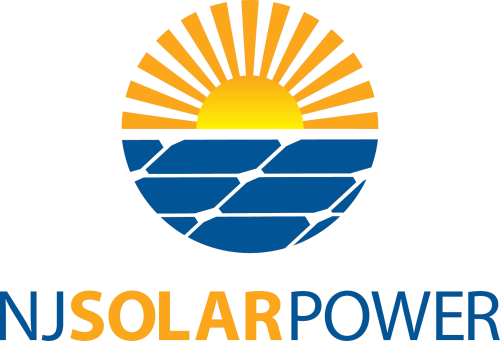Sustainability.
It is a popular buzzword that you see everywhere. However, do you know what sustainability means?
Some people think sustainability just means getting a constant source of renewable energy. However, sustainability is about more than that. It is also about reducing pollution and your carbon footprint. The overarching goal is to allow humans, nature, and the Earth to coexist for a long period of time.
Right now, no technology is perfectly sustainable. It all has some type of carbon footprint or produces some type of pollution. So, the current goal is not to have no environmental impact. Instead, it is to reduce your environmental impact as much as possible. Then, the longer-range goal is to continuously move towards technologies that are greener, use less of the Earth’s resources, and have less of an impact on the environment.
Solar energy is a great way to move towards a more sustainable environment.
You may have heard the myth that the energy and resources needed to create solar panels negate the environmental benefits of green energy. That is absolutely not true.
It does take natural resources to create solar panels. They contain natural resources and manufacturing them uses water and energy.
However, solar panels produce more energy than they consume. They can last for decades, producing clean energy for the majority of their lifetimes. Plus, technological improvements make them more and more efficient to produce. Solar panels have become greener and greener over time, and are a key component in moving towards a more sustainable environment.
In addition to technology, NJ Solar can also help you adopt a more sustainable lifestyle. One way we can do that is by helping you with your load management. Once you have your solar panels installed, you can take two approaches to using your power. You can try to eliminate as much of your regular electricity usage as possible. That means focusing your energy usage on times when the panels are producing energy.
You can also focus on trying to reduce the energy usage on the grid. That may mean limiting your energy usage during high-demand times, so that extra energy you produce goes to the grid? Why would you choose to do that? Well, from an environmental perspective, it may be more sustainable to enhance the grid at high-demand times, because restarting after blackouts or brownouts actually consumes more energy. As more and more households and businesses move to solar, we are starting to see how they can impact overall sustainability and not just their own energy usage.
